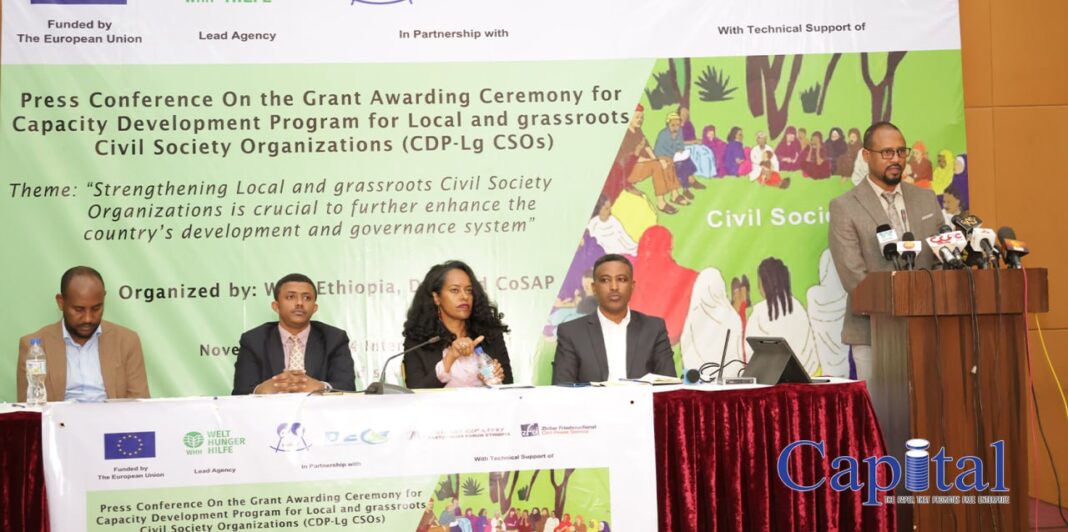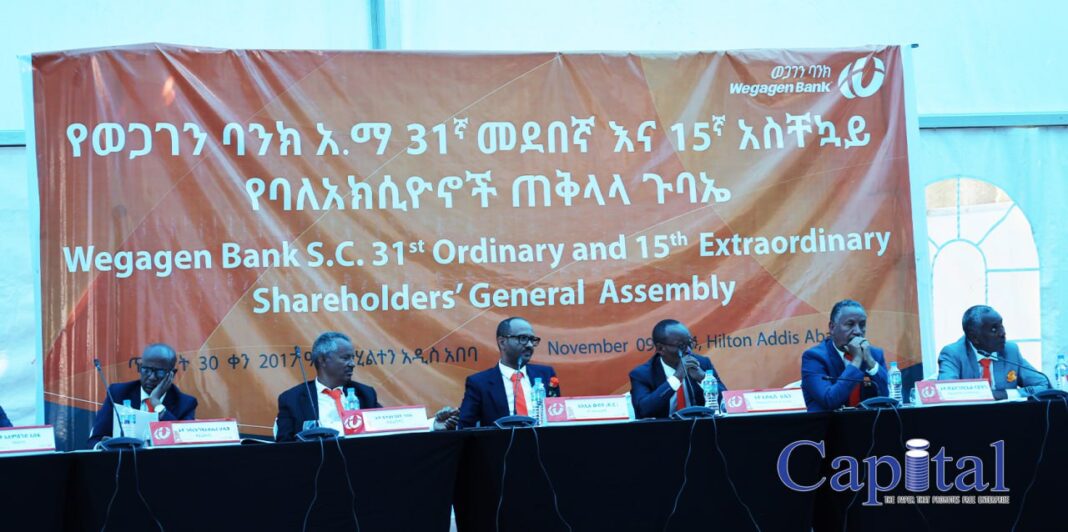Civil society organizations (CSOs) are increasingly facing challenges due to their reliance on donor funding, which has proven to be temporary and insufficient for sustainable operations. With over 5000 CSOs registered in the country, more than 1,000 have lost their licenses due to an inability to submit annual budgets and report their activities to regulatory bodies.
The heavy dependence on external funding has raised concerns about the long-term viability of these organizations. Fasikaw Molla, Deputy Director General of the Ethiopian Civil Society Organizations Authority, emphasized the need for indigenous and reliable financing sources. “If CSOs in Ethiopia are to continue operating effectively, they must seek out sustainable funding options,” he stated.

The current funding landscape has forced many organizations to withdraw from their activities, prompting calls for a shift towards self-sufficiency. The Civil Society Fund (CSF), supported by Welthungerhilfe (WHH) and the European Union, is taking steps to address these challenges by implementing a new capacity development program aimed at strengthening 101 indigenous civil society organizations across Ethiopia.
With a total budget of 6.52 million euros over five years, the program is set to enhance the operational capacities of these organizations in regions such as Amhara, Afar, Oromia, and Benishangul-Gumz. Approximately 3.75 million euros will directly benefit 75 indigenous civic community organizations, enabling them to develop internal capacities and contribute actively to democratic processes and conflict resolution mechanisms.
“Strengthening indigenous civil society organizations is essential for advancing development and governance in our country,” said a representative during the official project launch. The initiative aims to empower CSOs by promoting digital literacy and skill development while ensuring affordable and reliable internet connectivity.
As part of the program’s rollout, 36 organizations have already been awarded 50,000 euros each, with support continuing for an additional 49 organizations in the coming months. The fund is being implemented by WHH in collaboration with Development Expert Sinter (DEC) and CoSAP (Union of Self-Help Group Organizations in Ethiopia).
The Ethiopian government recognizes that empowering civil society is crucial for fostering a vibrant democracy and ensuring that citizens’ voices are heard. By encouraging CSOs to become self-sufficient and resilient, Ethiopia can build a stronger foundation for civil engagement and social change.







